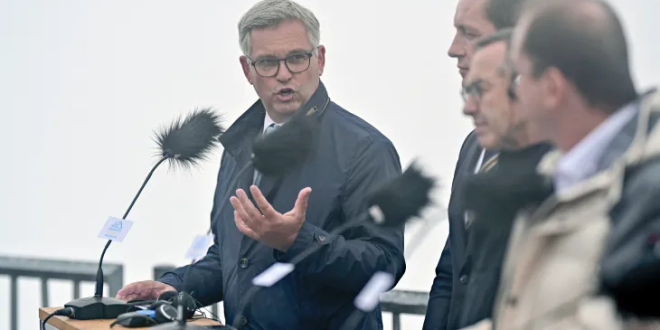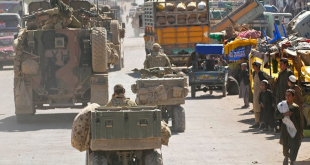KABUL — Germany has positioned itself at the forefront of a European push for tougher migration controls, hosting a high-level meeting of interior ministers from six EU countries just hours after deporting 81 Afghan nationals to Taliban-controlled Afghanistan.
German Interior Minister Alexander Dobrindt convened his counterparts from France, Poland, Austria, the Czech Republic, and Denmark, along with EU Migration Commissioner Magnus Brunner, in southern Germany to discuss a coordinated overhaul of asylum rules. The group released a five-page joint communiqué proposing measures such as the creation of “return hubs” outside EU borders, the outsourcing of asylum processing to third countries, and the institutionalization of deportations to conflict zones like Afghanistan and Syria.
“These are lofty ambitions,” said Al Jazeera’s Dominic Kane in Berlin, noting the lack of concrete implementation plans. While the ministers appeared united on principles, any sweeping changes would still require approval from Brussels.
Dobrindt emphasized Germany’s leadership role in reshaping EU migration policy: “We wanted to send a signal that Germany is no longer sitting in the brakeman’s cab on migration issues in Europe, but is in the locomotive.”
The deportation of 81 Afghans earlier that morning drew immediate backlash from human rights advocates. Amnesty International condemned the move, calling Afghanistan’s human rights situation “catastrophic” and warning that deportees risk facing “extrajudicial executions, enforced disappearances and torture.”
The developments mark a growing hardline shift within Europe on migration, as governments grapple with public pressure and shifting political landscapes across the continent.
 Afghanistan Times
Afghanistan Times




